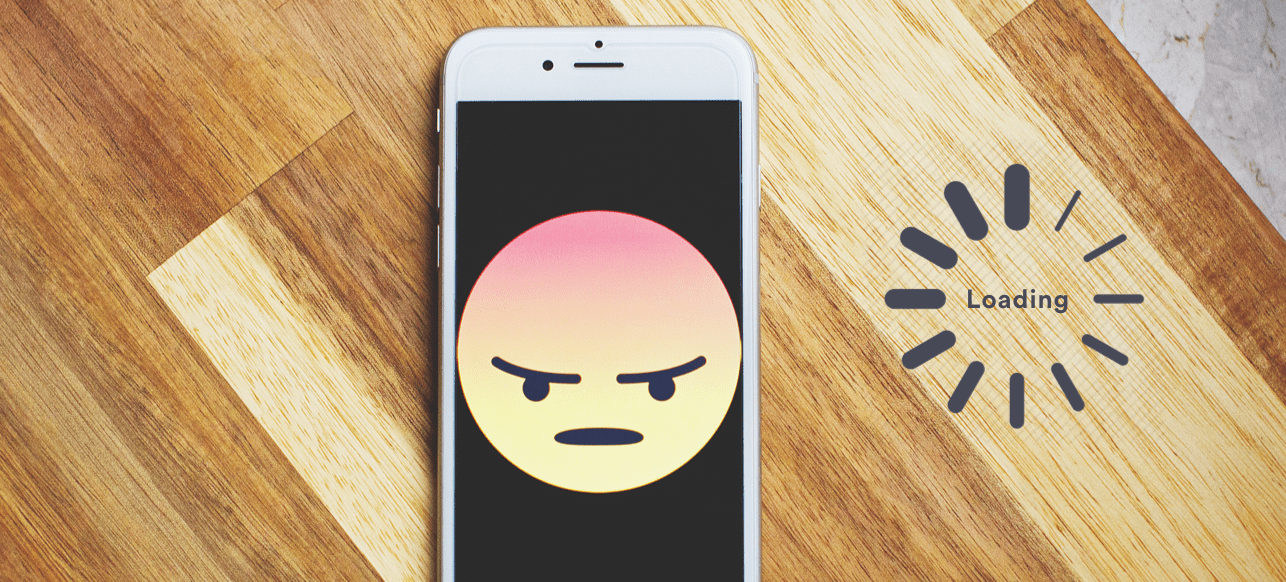We’ve given you the lo down on designing a website with mobile friendliness in mind – now we want to chat to you about the speed of that website. In the world of websites, slow and steady won’t win you the race – not even close.
The speed of a website has always been important. With impatient users expecting instant results, if yours doesn’t load quickly enough your potential audience will go elsewhere at the touch of a button.
In fact, if your webpage takes more than just three seconds to come to life, almost half of your audience will be lost. That’s a figure you just can’t ignore.
This year, mobile speed will become more important than ever as Google introduces a new algorithm. To make sure you don’t suffer, the Page Creative SEO experts have put together everything you need to know right here, all in one handy little blog.
The Google Update
Now for the technical bit. As of July 2018, the time it takes for your website to load on a mobile device could become a factor in where you’re ranked in the Google search results. We say ‘could’ because it’ll only affect websites that are pretty slow. For all the rest that load quickly, you unfortunately won’t be boosted up to the number 1 spot, although that would be nice!
The ‘Speed Update’, as Google refers to it, will affect the pages that deliver the very slowest experiences, dropping them right down in the search results. It makes sense – Google’s meant to show users what they want to see, and by leading them onto frustratingly slow websites they’re not exactly doing their job well.
This isn’t a new concept; in 2010 Google introduced page speed as a ranking factor for desktop websites, but this is the first time mobile speed has been used too.
Our Methods to Maximise Speed
Luckily, if your website isn’t loading as quickly as it should on a mobile device, there are ways you can speed things up before July rolls around – as long as you’re quick!
Here are just a few of the things you could do:
- Monitor your server response time and start planning improvements
- Cut down the redirects on your website, such as 301s, which can really eat up valuable milliseconds of load time
- Prioritise above-the-fold content to load quicker than below-the-fold content
- Reduce the size of files such as images or videos so they take less of a chunk of time to load
- Make sure JavaScript code is at the bottom of HTML code
At Page Creative, we like to think we know what we’re doing when it comes to SEO, which has been proven by our vast number of happy customers. If you’re looking to get faster loading times, we’re the guys and girls for the job! Get chatting with us to find out more and start the conversation that’ll get the ball rolling for better SEO for your business.




